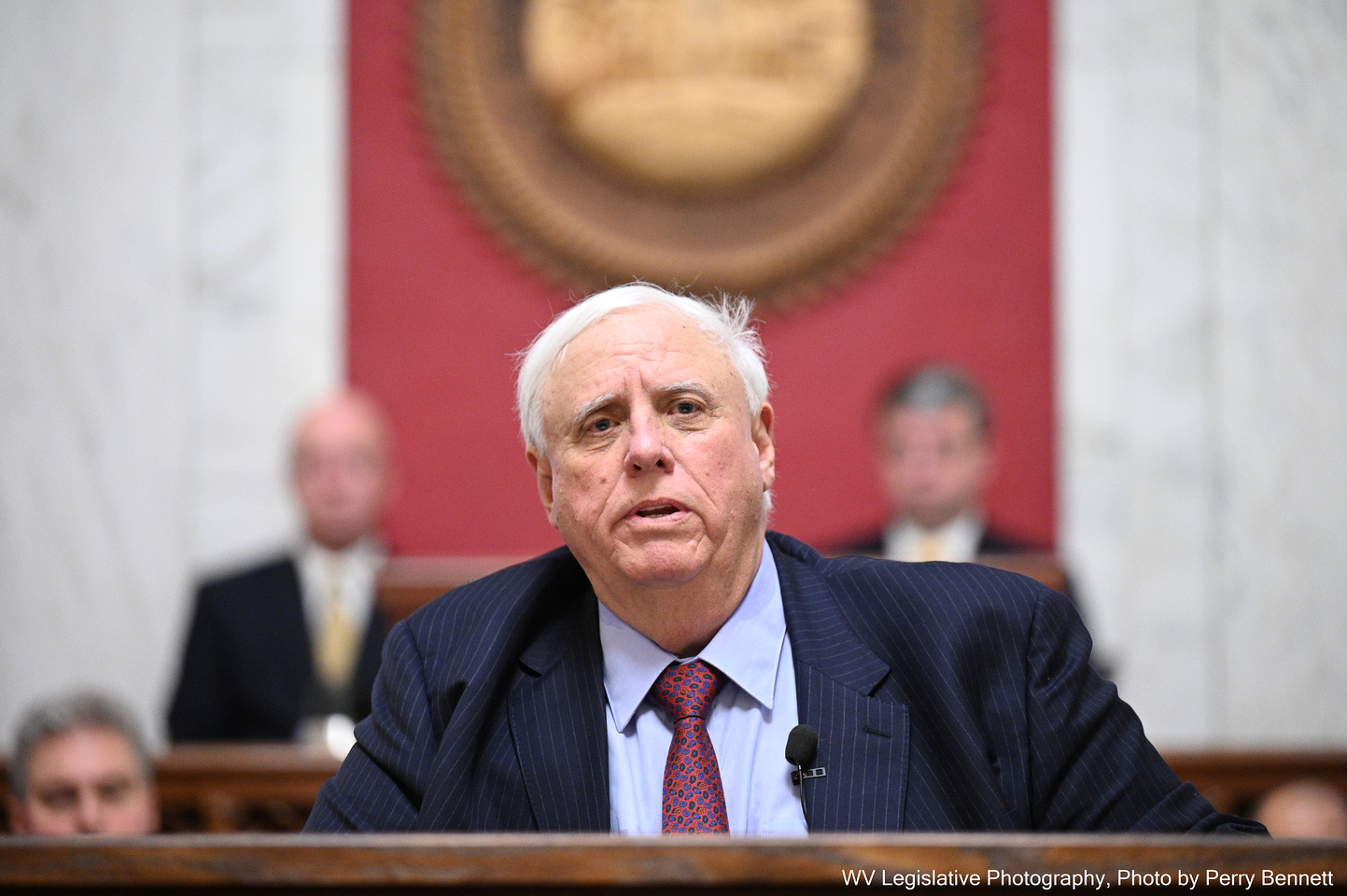The U.S. District Court for the Western District of Virginia has enforced a state court decision last year to award Western Surety more than $8.5 million, plus interest.
A federal court has placed liens on several companies owned by Gov. Jim Justice to satisfy a previous state court-ordered judgment.
The U.S. District Court for the Western District of Virginia has enforced a state court decision last year to award Western Surety more than $8.5 million, plus interest.
The federal court placed charging orders, or liens, on Justice Coal of Kentucky, Justice Coal of West Virginia, Justice Management Services, Chestnut Land Holdings, Dublin Land, Twin Fir Estates and Justice Family Farms.
The judgment in favor of Western Surety was issued by the Circuit Court for Fairfax County, Virginia, in September. The award comes with post-judgment interest of 6 percent per annum.
In a separate case in the Western District of Virginia, Western Surety seeks another $3 million from Justice, Bluestone Resources and Southern Coal, alleging breach of contract.
Justice, a Republican candidate for the U.S. Senate, faces numerous legal challenges.
Another bond provider, Federal Insurance Co., sued Justice and four of his companies in June in the U.S. District Court for the Southern District of New York, seeking $8.1 million in damages.
Last month, a $1.2 million helicopter was seized from Bluestone Resources to partially satisfy a debt owed to a Caribbean investment firm.
In February, 1st Source Bank, of South Bend, Indiana, sued Bluestone in the Virginia court, charging breach of contract and seeking $4.5 million in damages.
The complaint accuses Bluestone of defaulting on loan agreements and also seeks attorney’s fees and possession of collateral.
According to the complaint, that collateral consists of “equipment owned by Bluestone Coal” and three properties that are part of the Wintergreen Ski Resort near Charlottesville, Virginia.
